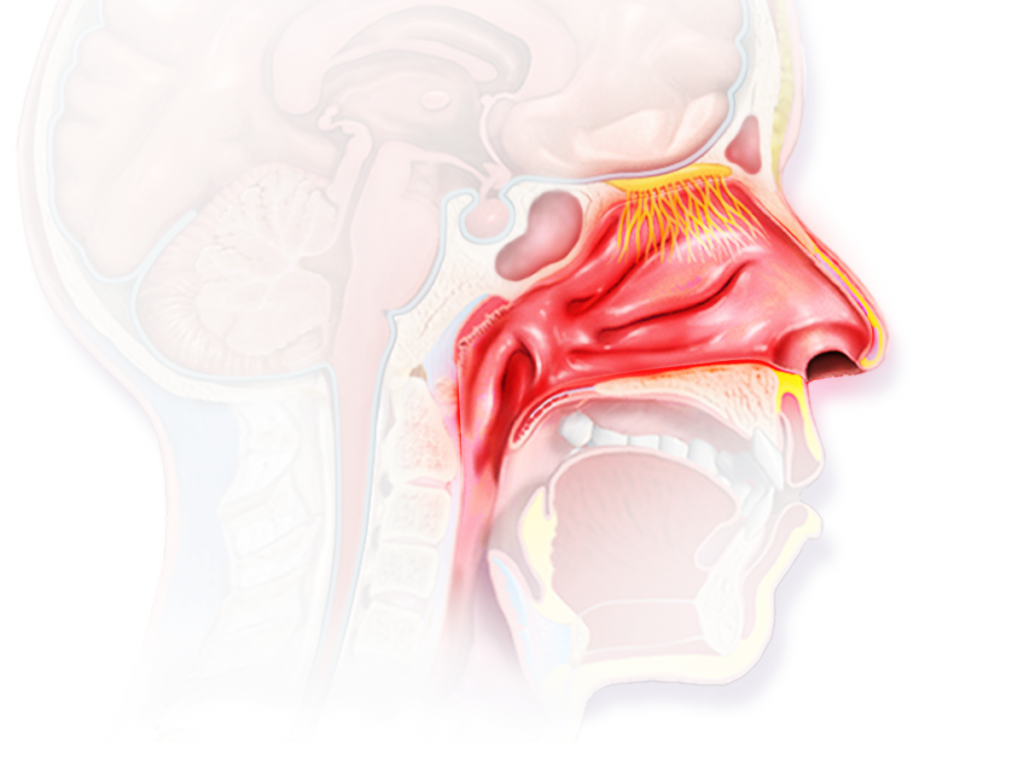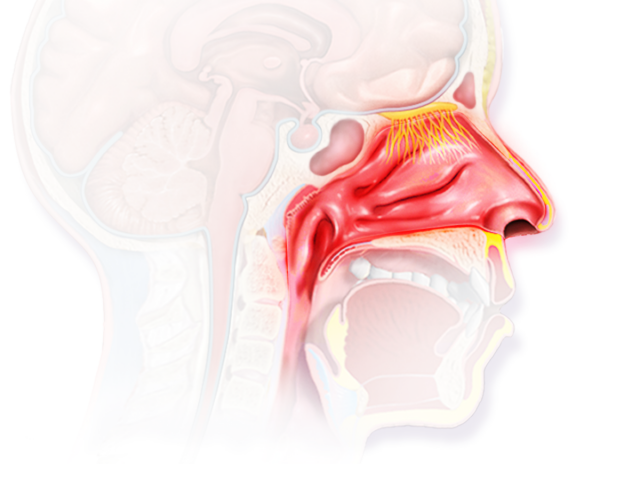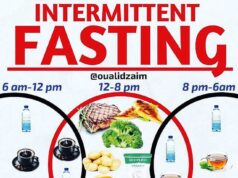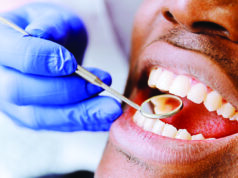Q/ 1. Hello Doctor, I have been nose-bleeding since I was young. It happens twice or thrice a month and it is uncomfortable. What is the cause, and is there treatment? Keneth.
A/ Dear Keneth,
A nosebleed (Epistaxis) is the loss of blood from the tissue that lines the inside of the nose.
Nose-bleeding is a common complaint. It is rarely life threatening but may cause significant concern, especially among parents of small children.
Most nosebleeds are not harmful, self-limiting, and spontaneous, but some can be recurrent.
Types of nosebleeds
These are described by the site of the bleed. There are two main types, and one is more serious than the other.
An anterior nosebleed starts in the front of the nose on the lower part of the wall that separates the two sides of the nose, called the septum.
Capillaries and small blood vessels in this front area of the nose are fragile and can easily break and bleed.
This is the most common type of nosebleed, and is usually not serious.
A posterior nosebleed occurs deep inside the nose. This nosebleed is caused by a bleed in larger blood vessels in the back part of the nose near the throat.
This can be a more serious nosebleed than an anterior nosebleed. It can result in heavy bleeding, which may flow down the back of the throat.
You may need medical attention right away. This type of nosebleed is more common in adults.

Causes
The two most common causes of nosebleeds are:
1. Dry air — when your nasal membranes dry out, they are more susceptible to bleeding and infections.
2. Nose picking
3. Other causes of nosebleeds include: Acute and chronic Sinusitis (nasal and sinus infection), allergies, medications such as Aspirin, warfarin, heparin, bleeding disorders such as hemophilia, immune thrombocytopenia, Chemical irritants such as ammonia, structural nasal abnormalities like deviated septum, trauma to the nose, disease like leukemia.
In general, nosebleeds are not a symptom or result of high blood pressure.
Much as most nosebleeds are easily managed from home without requiring investigations, however, people who get recurrent nose-bleeding or those whose bleeding lasts longer than 15-20 minutes require investigations as this could be because of an underlying disease condition.
First aid
l Sit upright and lean forward. Remaining upright and sitting forward will help you avoid swallowing blood, which can irritate your stomach.
l Gently blow your nose to clear out any clotted blood. Spray a nasal decongestant in your nose.
l Pinch your nose. Use your thumb and index finger to pinch both nostrils shut, even if only one side is bleeding.
Breathe through your mouth. Continue to pinch for 10 to 15 minutes.
This maneuver puts pressure on the bleeding point on the nasal septum and often stops the flow of blood.
If the bleeding is coming from higher up, the doctor may need to apply packing up into your nose if it does not stop on its own.
l Repeat. If the bleeding does not stop, repeat these steps for up to a total of 15 minutes.
After the bleeding has stopped, to keep it from starting again, do not pick or blow your nose or bend down for several hours.
Keep your head higher than the level of your heart. If it does not stop, see a doctor.
Answered by Dr Joesph Kafuuma.
+++++++++++++++++++++++++++++++++++++++++
Subscribe to our website and be the first to receive great Christian news, health information, pastoral guidance, environment, farming and many others. Also, Like and follow us on Facebook at Good News UG.






















